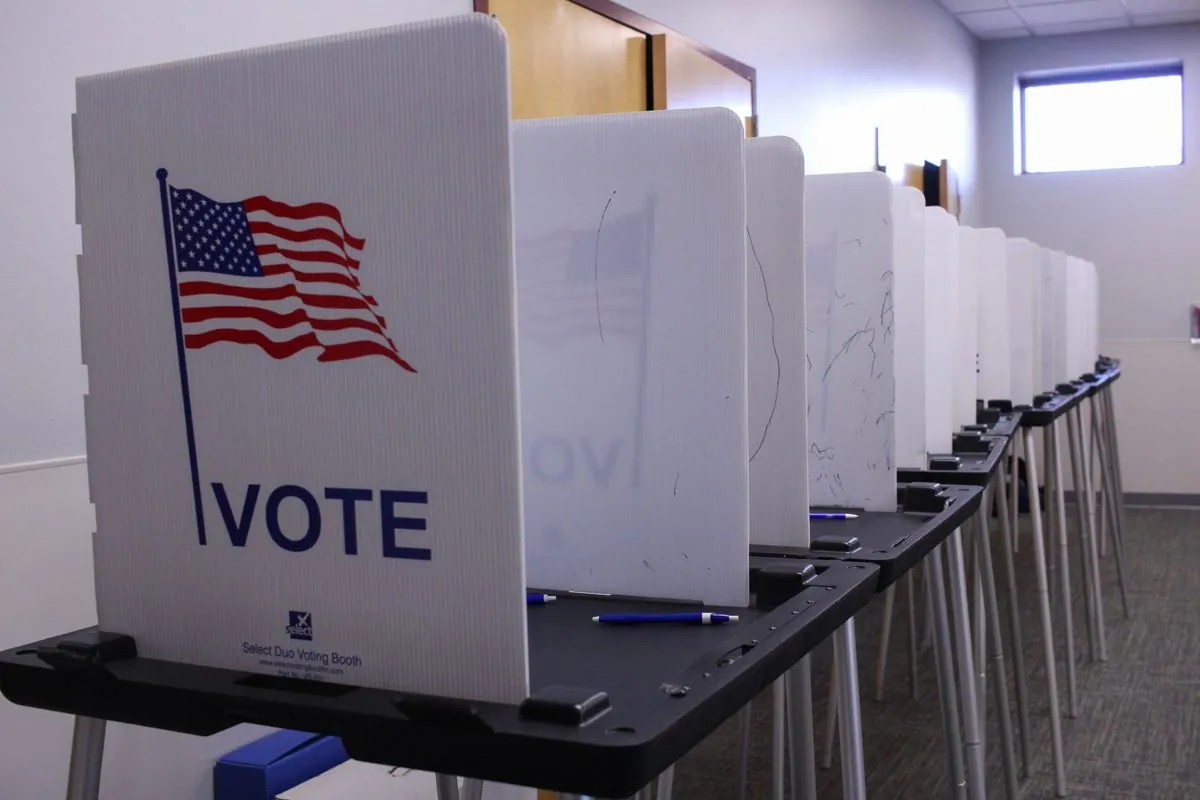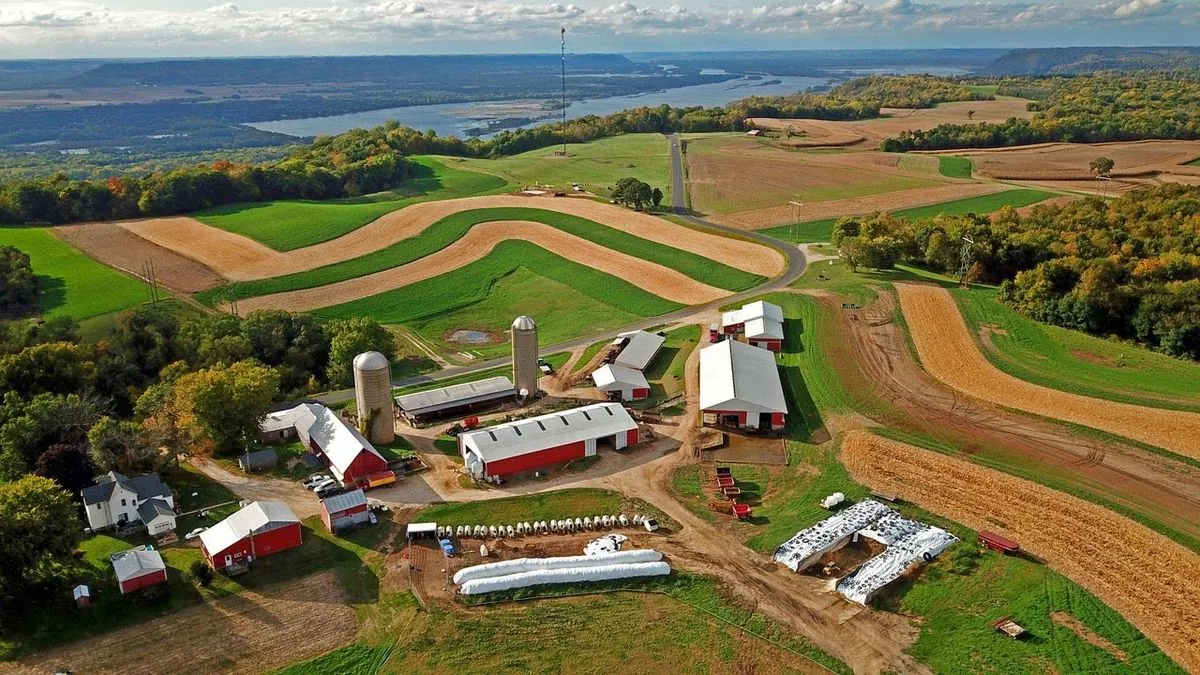Rural Wisconsin Voters Weigh Harris-Walz Ticket in 2024 Election
In Wisconsin's battleground, voters consider the impact of Tim Walz joining Kamala Harris' ticket. The Democratic strategy aims to sway rural voters in crucial Midwest states.

In the heart of rural Wisconsin, a state known for its dairy farms and cheese production, voters are carefully considering their options in the 2024 presidential election. The Democratic ticket, featuring Kamala Harris and her running mate Tim Walz, is attempting to make inroads in this crucial battleground state.
David Mattison, a 68-year-old retired postal worker from Black River Falls, exemplifies the demographic the Harris campaign hopes to reach. Initially undecided, Mattison found himself drawn to Walz's Midwestern roots and background in farming. "He's kind of a homegrown boy," Mattison remarked, highlighting the potential appeal of Walz to rural voters.
The Harris campaign is banking on Walz's folksy style and diverse background to resonate with white, working-class voters in battleground states like Wisconsin, Michigan, and Pennsylvania. These states, which played a pivotal role in the 2016 and 2020 elections, remain crucial for any path to the White House.

Wisconsin's political landscape has evolved significantly since it became the 30th state in 1848. Once heavily reliant on dairy farming, the state's economy has diversified to include manufacturing and tourism. This economic shift has influenced voter priorities and party allegiances over time.
A Reuters survey of about 40 voters in northwest Wisconsin revealed mixed reactions to the Harris-Walz ticket. While many had already made up their minds, some undecided voters found Walz's addition compelling. Mary Brown, a 69-year-old job coach from Eau Claire, cited Walz's teaching background as a factor swaying her towards the Democratic ticket.
However, the campaign faces significant challenges in rural areas where the electorate skews older, whiter, and more blue-collar – traditionally Donald Trump's strongest demographic. The Republican candidate maintains a substantial lead among white voters without college degrees, according to recent polls.
"Modest gains in a few segments of the electorate - such as white, working class voters - could make all the difference."
Walz's track record of winning in conservative districts during his congressional tenure has caught the attention of Harris' advisers. His ability to sell Democratic policies to skeptical rural voters could prove valuable in a closely contested race.
As the campaign unfolds, both parties are keenly aware that even small shifts in voter sentiment could be decisive. In a state known for its 15,000 lakes and rich Native American history, the political landscape remains as diverse and complex as its natural features.
With the election approaching, Wisconsin voters will continue to weigh their options, considering not just the presidential candidates but also their running mates. As one undecided voter, Jason Nachreiner, put it, he's waiting for "an epiphany" to guide his decision in this crucial election.


































